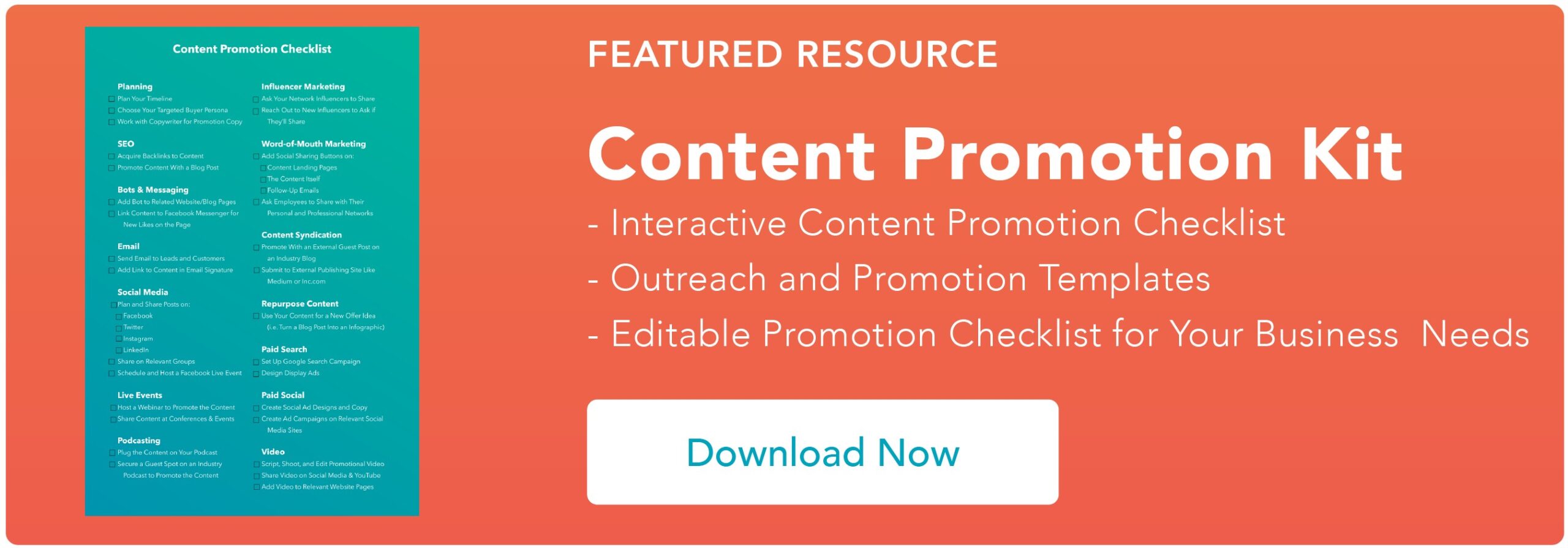Companies often rely on blogs, articles, and social media to engage with their consumers and attract new clientele. However, creating new and exciting content can be a time-consuming process. A great solution to this dilemma is to repurpose existing content.
Repurposing content doesn’t have to feel redundant or boring. In fact, with a few great strategies, old content can gain a fresh new perspective and reinforce critical points. This article will go over a few ways that businesses can reinvigorate their old content while increasing their potential reach.
Content Reach Examples
Here are some great examples of content that reaches, engages, and delights a large audience.
1. State Farm
Have you ever heard of “Jake from State Farm”? I'm sure you have. He’s been featured in nationwide State Farm commercials, blog posts, memes, and videos — State Farm hit gold with this idea. The insurance giant's content reach consists of the repurposed use of “Jake” in new and inventive ways. This includes creating intriguing storylines that mix plausible life situations with the use of its insurance policies. Customers can see themselves in the everyday interactions Jake has with his customers.

2. T-Mobile
T-mobile’s Newsroom constantly makes old content new again. The brand's Loyalty Program, T-Mobile Tuesdays, for example, has been around for five years. The content strategy involves images, videos, app links, and articles that strive for engagement through consistency and fun contests, polls, and incentives. The Loyalty Program runs every Tuesday with slight alterations each week.

3. Netflix
Netflix has created a new way to introduce its content: by sponsoring articles. The company often chooses content that works alongside its tv shows.
An example includes a New York Times article on women inmates for the Orange Is the New Black series. These articles are recycled with fresh storylines to attract new readers and customers. 
Best Content Reach Strategies
1. Add Visuals
One way to give languishing content a new twist is by adding visuals. Research shows that clear, concise visualization aids can boost engagement in even the most complex subject matter. This can include graphs, charts, videos, and infographics.
2. Use Keywords
SEO, or search engine optimization, is a way for consumers to find blogs and posts quickly. Google’s search engine has algorithms that search for the best content to give to its visitors.
This content is typically full of helpful words and phrases related to a particular subject. The result is a more helpful site for the reader which can bring more traffic to your site, too.
3. Use the Power of Social Media
The great thing about social media is that it is versatile. People can like, share and comment on many platforms and move these conversations to other platforms. You can repurpose older content to get a fresh take from users on other social media streams.
4. Try Backlinks
Backlinks are an example of this kind of approach. These are hyperlinks from one site that link to another. This signals to the search engine that the content in the two articles is related. The anchor text used to link the two articles together further helps the search engine infer the relationship between the two, which can give your page and site more authority if your backlink strategy is done well.
5. Make Your Content Interactive
Content doesn’t have to be two-dimensional. Bring old content to life with games, polls, videos, and even clickable slideshows. Research shows interactive content boosts engagement and sales. You can use tools like Slideshare to create colorful slides to make sharing your message easy and attractive.
6. Write an Ebook
Ebooks are a great way to repackage information from multiple sources, like blog posts into one educational resource. You can optimize ebooks for mobile or desktop and even include interactive content.
7. Send an Email Newsletter
Email newsletters can also serve as a way to repurpose older content by reminding audiences of previous campaigns.
The e-newsletter is a good way to mix in new content with older content in templates that cater to specific audiences while maintaining the interests of existing subscribers. Some excellent newsletter services include MailChimp and Constant Contact.
8. Include an FAQ or Resource Page
Placing an FAQ or resource section on a website is a fantastic way to reintroduce older content. You can link to prior articles and posts that are relevant to the customer's needs. This can reinvigorate interest and attract new audiences. FAQs and resource pages can also condense hundreds of pages into just a few clicks. This can ensure a cleaner site and allow audiences to connect with your brand.
9. Use a Podcast
Turn an old blog post or article into content for a podcast. Podcasts are an excellent way to connect with consumers since they appeal to auditory audiences and offer an alternative (and efficient) way of consuming information. Podcasts also allow for a more personable approach that can make your audience feel like a part of the story.
10. Use Consumer-Generated Content
Take old customer reviews and use them as the basis of newer content. For example, if users point out that your business has a quick turn-around time, capitalize on this by creating content with this in mind. You can post blogs or articles about the importance of timeliness and link to many of the reviews. This approach spotlights the consumer and makes them center stage … and what customer doesn’t want to be in the spotlight?
11. Recommend Old Articles in New Posts
When writing new blog articles, you can create a new experience by placing older content on the page. This can be done using links or snippets of the post to capture the reader's attention. You can also get new eyes on pages with less traffic by placing recommendations at the end of posts or blog entries.
12. Create a Part-Two
Follow-up posts are a good way to repackage content. It can posit a concern or problem that is still relevant while adding new points. This approach can bring a whole new dimension to a subject. It also allows for a more thorough analysis of old information.
For example, if you own a coffee company and have an article related to “Great Drinks for the Morning Rush,” you can follow up with “Great Drinks for the Evening.” You can then reference the prior article while highlighting some of the other products you sell to create new and interesting content.
13. Invite Others to the Experience
Guest posting is standard on many blogs. Refresh your content with new opinions and perspectives from people outside your company. This approach keeps things fresh without sacrificing core goals or ideas.
For instance, an expert baker may have great things to add about your catering company. You can use some of their tips and ideas in new content and couple this with references to older content.
14. Create New Campaigns Using Old Ideas
Companies often do this to re-energize marketing. This approach utilizes new marketing strategies such as viral video to engage consumers with old, tried-and-true content.
An example of this can include companies offering for a limited time a “retro” look or producing giveaways that include old merchandising. Businesses can build new, solid campaigns around these ideas.
15. Rewrite and Repost
Awkward phrasing, misspellings, and low SEO rankings can hurt your ranking potential, but it’s common in old content. Editing with services like Grammarly can eliminate some of these issues. In addition, updating statistics and replacing old information can make a world of difference for your traffic potential.
16. Combine Old Posts
If your content library gets large enough, posts could begin to overlap. Generating new content can be as simple as taking similar posts and combining them into one. This method can bring great ideas and repurpose them for a new audience while creating cohesiveness.
Improve Your Content Reach
Improving your content reach can mean more sales and a bigger client base. You can recycle and repurpose old content in new ways. Get creative and make the most out of your content. The result is a stronger, better online presence.
Editor's note: This post was originally published in June 2011 and has been updated for comprehensiveness.

